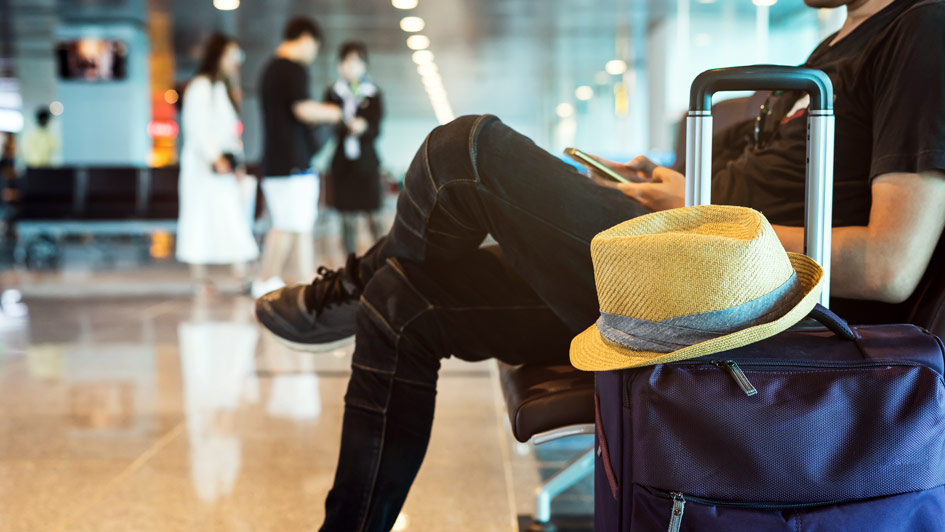
Between a much-needed vacation or a lengthy trip for work, taking a trip means making plans for your home comfort system. You don't need it while you’re on a trip, so you can adjust it as appropriate to conserve your energy use. Just the same, you don’t want to just leave it off for the entire time you're gone.
Instead, it’s best to leave your HVAC system on and just make adjustments depending on the season. That way you can reduce energy costs without having to worry about getting back to an uncomfortable home. We’ll review why you shouldn’t turn your HVAC system off as well as the ideal thermostat settings for summer and winter.
This Is Why You Avoid Leaving Your Thermostat Alone
While you could be wanting to leave your HVAC system off before a trip, this will sometimes end up causing big problems by the time you get back. This is notably true if the weather will be severely hot or cold while you’re gone.
For instance, shutting the HVAC system off in the summer will sometimes produce very high humidity. Not only will your home feel gross when you come back, but it might have also encouraged mold/mildew growth or pest infestations.
And over the winter, leaving the furnace off might lead to pipes freezing or even bursting. It’s exhausting to come home from a long trip only to come across considerable water damage nearby a broken pipe.
Best Thermostat Settings While at Work
You can adjust the temperature even when you're just going to work. Since you’re not home for 8 hours or more, it doesn’t make sense to keep an empty home heated or cooled as if you were there. In general, it’s encouraged to adjust the thermostat by 5 degrees or more. This means that if you prefer a comfortable 72 degrees, think about raising it to 76-77 while you’re out.
But you can save even more if you try further adjustments to the temperature. According to the Department of Energy, you could save about 10% on your HVAC expenses by raising the temperature by about 7-10 degrees.
Best Thermostat Settings While on Vacation in Summer
If you're on a longer trip in the hottest part of summer, you can make bigger adjustments. This helps you avoid using too much energy while still safeguarding your home from the hassles that come with leaving it un-air conditioned. About 5 degrees is appropriate for short trips while around 10 degrees is best if you’ll be out of town for 2 weeks or more. If you enjoy keeping the house at 72 in the summer, 78-82 can offer beneficial results.
Ideal Thermostat Settings While on Vacation in Winter
To determine the ideal thermostat setting for a winter vacation, simply lower it by the same amount you would adjust it in summer. 68 is a popular winter thermostat setting, so turning it down to 63-58 will keep your plumbing safe while restricting how long your furnace operates.
Smart Thermostats Are Even Better: Perks of Smart Thermostat Installation
A great way to optimize your home’s HVAC system while away from home is with a smart thermostat. This special type of programmable thermostat employs intelligent software to understand your preferred comfort habits. It applies these preferences and makes automatic adjustments to the schedule for better energy efficiency. And with Wi-Fi connectivity, you can remotely access your heating and cooling using a smartphone or tablet.
Smart thermostats are stuffed with features to help you save on your energy bill. For example, some models can observe electricity prices to increase heating or cooling when prices are more affordable. They can also work with high-efficiency, variable-speed equipment to optimize how long your HVAC system has to run. It’s the perfect tool to streamline how you control your comfort system. If you’re planning on investing in a smart thermostat, there are multiple ways you can lower your costs, in essence getting a smart thermostat for free. The next time you are away from home, you can appreciate true peace of mind that your HVAC system won’t stir up any trouble while you’re gone.
